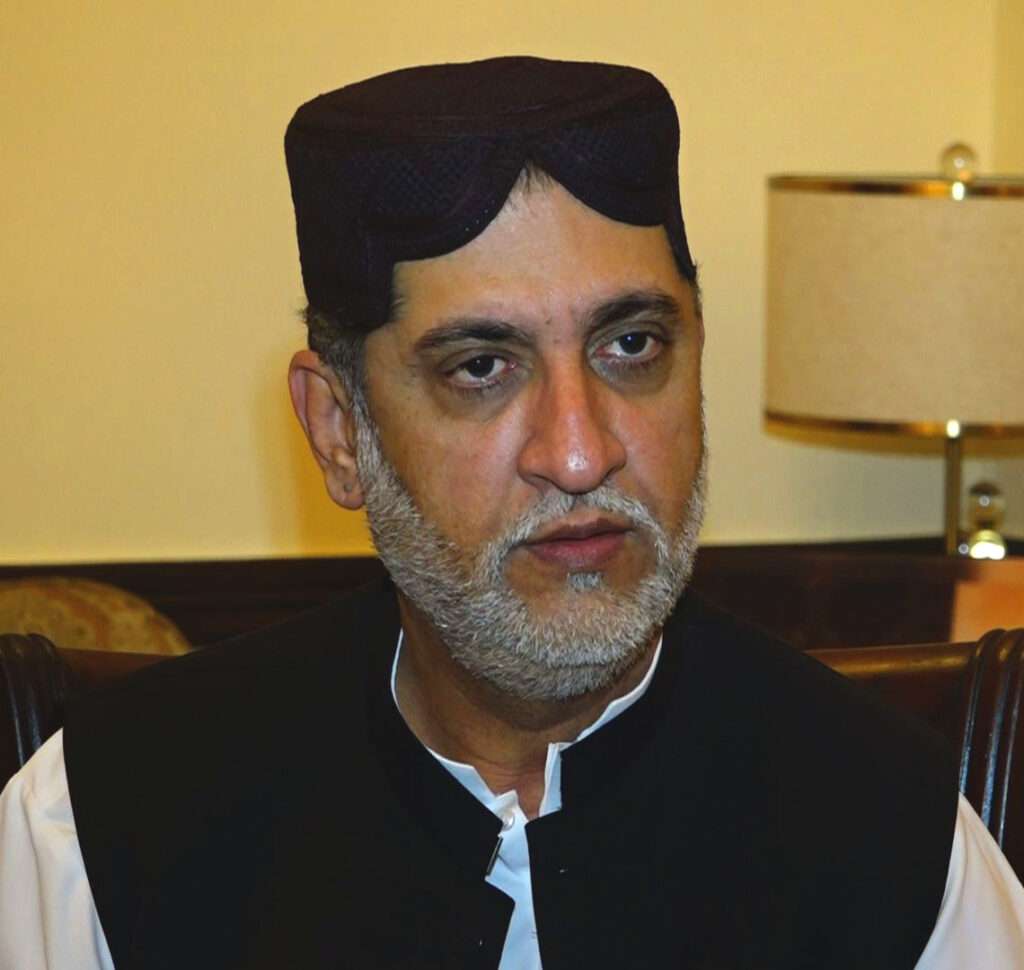
In a letter addressed to former Prime Minister Mian Muhammad Nawaz Sharif, Sardar Akhtar Mengal, the chief of Balochistan National Party (BNP), sheds light on the longstanding issues plaguing the province of Balochistan. In a reflective and critical tone, Mengal underscores the challenges faced by his region and urges for a collective effort towards meaningful change.
Mengal’s words echo the frustrations and hopes of the Baloch people, whose grievances have often been overshadowed by the broader political landscape of Pakistan. The letter begins by extending warm wishes to Nawaz Sharif and his family, setting a tone of earnestness and respect. It then revisits a previous letter sent on July 22, 2022, in which Mengal had highlighted the pressing concerns of Balochistan.
The letter mourns the persistent increase in the issues faced by Balochistan, contrasting the hoped-for decrease with the unfortunate reality. Rather than laying blame elsewhere, Mengal emphasizes that it is essential to recognize the role of fate and history in the province’s challenges. The Baloch people have endured forced disappearances and a lack of political solutions, resorting to violence instead of dialogue. Mengal raises concerns about the emphasis on seeking solutions through establishment consultation, which could perpetuate a cycle of mistrust and power imbalances.
Mengal draws a parallel to the experiences of Nawaz Sharif and his party, pointing out how quickly political players can forget past injustices and unconstitutional actions. He highlights the danger of passing legislation without involving allies, likening it to further weakening the foundation of democracy. The reference to “hammering more nails into the coffin of democracy” is a powerful metaphor for the erosion of democratic institutions.
The letter takes a poignant turn as Mengal predicts that the laws against human rights, which have often been wielded against the Baloch people, might eventually be used against Nawaz Sharif and his family. This draws attention to the ongoing human rights concerns in Balochistan and calls for solidarity in opposing such injustices.
On the economic front, Mengal acknowledges the developments brought by the China-Pakistan Economic Corridor (CPEC) to Balochistan, including infrastructure projects and educational initiatives like Gwadar University. However, he subtly questions the recognition and impact of such projects among the local population.
The letter raises the alarm over the alleged manipulation of the Baloch population figures in the last census, indicating potential political motivations behind such actions. Mengal critiques the decision-making process that neglects allies’ opinions, fostering mistrust and resentment between provinces.
Mengal concludes with a note of disappointment, lamenting the choices made that have driven a wedge between Balochistan and the political establishment. He points to the nomination of a caretaker prime minister that seemed to disregard Balochistan’s interests, causing further alienation.
The recent selection of Anwar-ul-Haq Kakar as caretaker prime minister becomes a relevant example. The surprise surrounding his nomination underscores the lack of communication and transparency in the decision-making process.
In light of the letter’s content, it becomes evident that Akhtar Mengal’s plea to Nawaz Sharif is not just a call for attention but a cry for unity, empathy, and a commitment to addressing the multifaceted challenges faced by Balochistan. His words highlight the need for a renewed focus on democracy, justice, and inclusive decision-making to heal the fractures between provinces and create a brighter future for all of Pakistan’s citizens.

